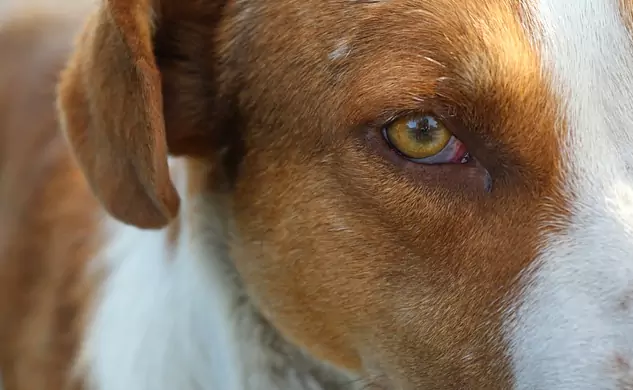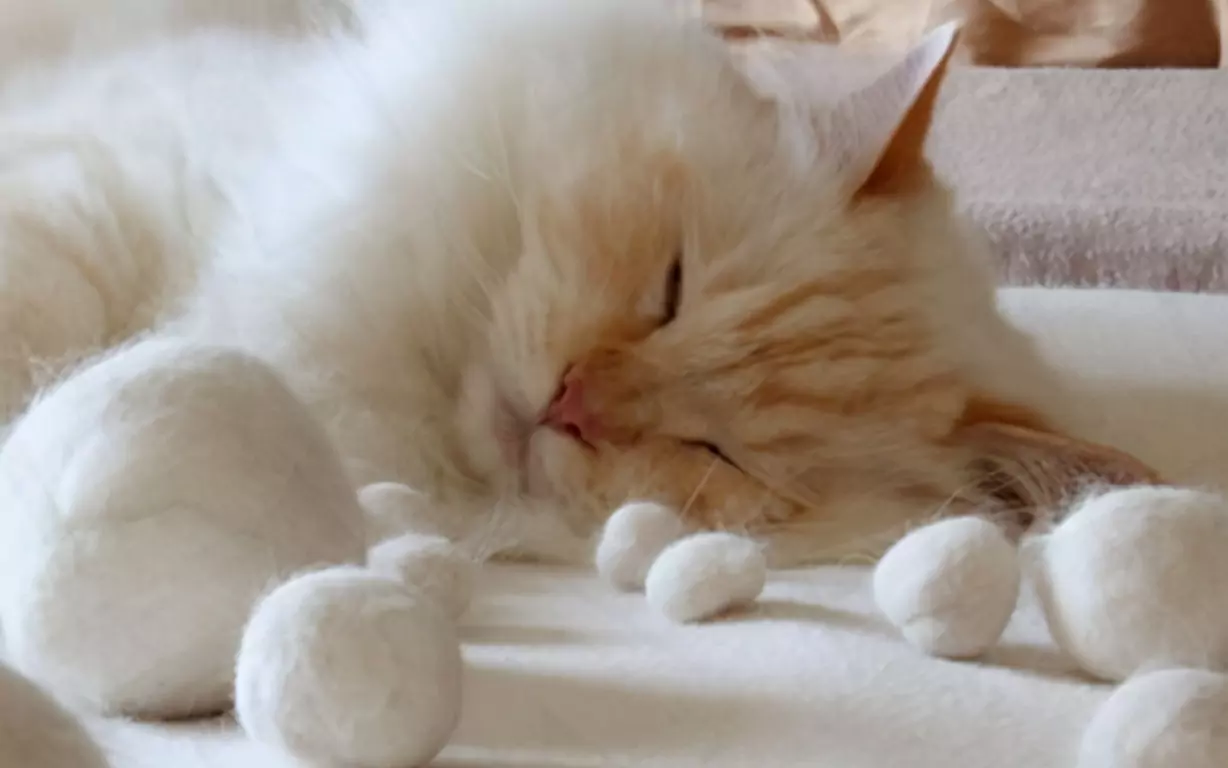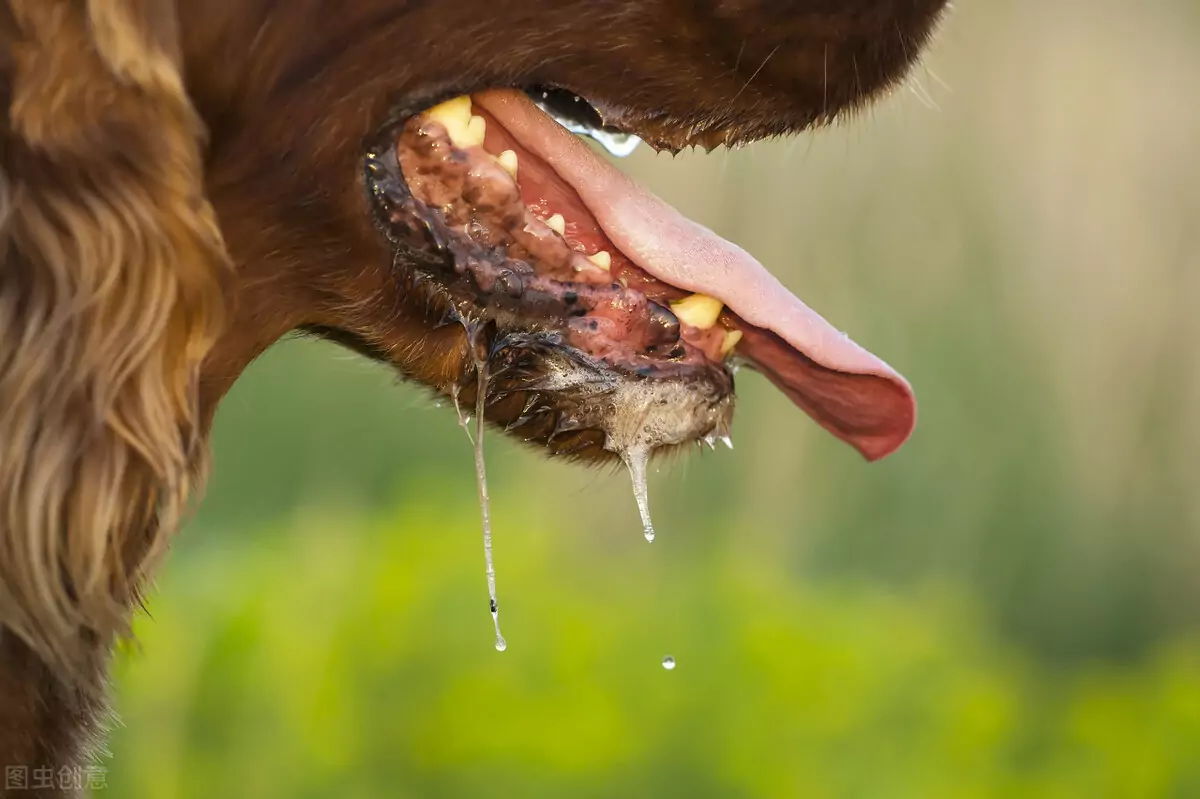How long does it take for a cat to get pregnant? How long does it take for a cat to get pregnant for the first time?
2022-06-22
Is it true that "cats are three and dogs are four"?
There is a popular saying that the pregnancy cycle of cats and dogs follows the rule of "cats three dogs four", meaning that the pregnancy cycle of cats is three months, while dogs are four months, so is this statement reliable?
Veterinarian Ming told us that the statement is correct, but the algorithm was slightly different from now, the former people day and night count two days, so using the current time conversion, the cat pregnancy cycle is about one and a half months, but can not be said too absolute. Generally speaking, the pregnancy cycle for cats is 58 to 71 days, and the female cat will gradually stop being in the heat a few days after mating and conceive successfully soon after. Veterinarian Xiaoming's friend's cat was just born not long ago, and after a rough count, the first observed mating behavior of the female cat was on January 3, and she gave birth to a litter of kittens on March 7. Assuming that the first mating was a successful conception, the number of days of pregnancy for this female cat was 63 days.
Although there is nothing wrong with this range, that friend was full of expectation from the first day of the New Year and watched the mother cat's belly grow bigger and bigger like a round ball every day, and as a result, there has been a delay in production.
I. How long has the cat been pregnant?
In general, many of us don't know how to tell if our cat is pregnant. It may show some signs, such as an increased appetite or a slowly bulging belly. If you watch your cat every day, it is easy to see if she is pregnant.
If you want to know what is going on during your cat's pregnancy, then you can learn a lot about it here. Here are some ideas to take care of your cat and see how long your cat has been pregnant.
II. Signs of pregnancy in cats
After 3 weeks of pregnancy, the mother cat's nipples will turn dark pink or red, the mother cat's abdomen will gradually become larger and her weight will increase by 1 to 2 kg. At this time, the mother cat will become especially careful and maternal.
The owner needs to take special care of the pregnant cat, not to let it exercise strenuously, observe every movement of the cat at all times and send it to the hospital immediately if there is any abnormality.
Take the pregnant cat to a medical examination
False pregnancy can occur in female cats. It is recommended that 21 to 28 days after mating, take the cat to the hospital for abdominal palpation and ultrasound examination to confirm whether the cat is pregnant.
After 46 days, an x-ray can be performed to confirm how many babies are in the mother cat's belly, so that the pooper scooper can make plans.
Things a pregnant female cat should not do
Cats should not be vaccinated, dewormed, or bathed during pregnancy, and pooper scoopers should not always touch the cat's belly out of curiosity, which can cause harm to the fetus and the mother cat. If it is a multi-cat household, it is recommended to separate the pregnant cat from other cats.
In addition to this, the pooper scooper should also pay special attention to the cat's mental and emotional well-being, and reduce any environment that will cause stress to the mother cat.
Pre-birth preparation
Before the cat gives birth, the pooper scooper should prepare the delivery room, the best and simplest room is a cardboard box. It is best to start getting the mother cat used to the box 1 week before the birth, try putting clean soft towels to encourage her to sleep in it.
Make an opening 10~15 cm from the bottom to facilitate the mother cat's access and prevent the kittens from falling out. The litter box should preferably have a lid that can be opened to take care of the kittens when needed.
III. The gestation period of cats
You should know that a cat's pregnancy lasts between 57 and 63 days, so the question we have to ask is: How long is a cat's gestation period? Or how many months does a cat's pregnancy last? The answer is that a cat's gestation period is 2 months.
If your cat is pregnant and you don't know when she was conceived, the gestation period of a cat within your pet will seem shorter because it may take us a few weeks before we may find out if she is pregnant. For this reason, you should remain vigilant in knowing if your cat is pregnant.
If you think your cat is pregnant, then it is best to ask your veterinarian. He can tell you how long your cat has been pregnant. By doing this, you will also get to know when the cat is about to give birth and you can be all set when your cat owner has kittens.
Now that you already know how soon a pregnant cat will give birth, you must know how to take care of her. This way, you can ensure the health of your future kittens and your older cat, especially in terms of nutrition levels.
The number of litter in cats varies from 1 cat to 10 or more kittens. Younger and older cats usually have smaller litter sizes, and females have the largest litter size at about 3 to 4 years of age.
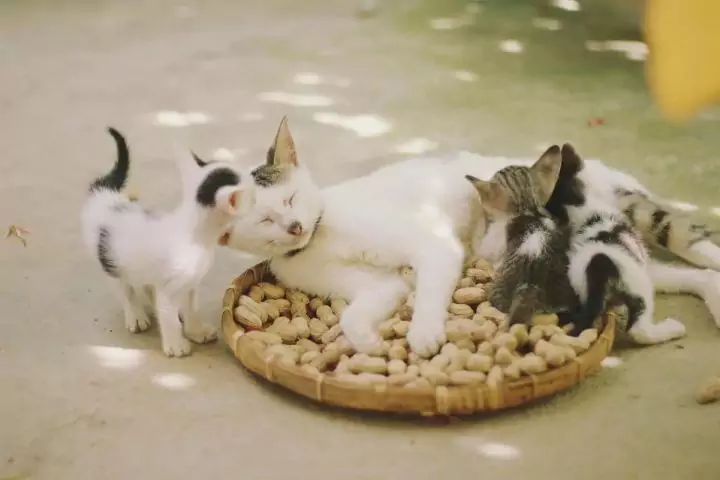
Fourth, how long does a cat take to get pregnant for the first time?
You should know that the gestation period is exactly the same for both first-time cats and cats that have been born before. It is all 57 to 63 days, about 8 weeks or 2 months. This is very important because many people believe that in the first pregnancy cats have a shorter gestation period.
As you have been able to confirm, knowing how long the pregnancy of a cat is very simple, you will easily know on which day the baby cat will come into the world. But when you don't know, things can be very complicated.
Hideout
Wait until a week before the mother cat is due to give birth and provide a secluded place where she can wait to give birth to ensure she gives birth to her kittens in the place you choose (but this doesn't always happen). There she will feel comfortable and safe. A newspaper or a soft blanket or towel can also be given to her underneath.
V. Diet for pregnant cats
During the pregnancy of a female cat, care should be taken not to overfeed. Although more protein and calories are needed, attention should be paid to nutritional balance, not too much supplementation, over-supplementation will make the cat difficult to deliver, and the combination of food and the number of feedings should be reasonably arranged.
It is best to choose a staple cat food that is easy to digest and absorb and has balanced nutrition so that it can supplement the nutrition of the mother cat. We recommend this "Miao Xiu Cat Food", which contains greater than 80% meat, with a 9:1 ratio of white meat to red meat, which is more balanced and richer in nutrition, and is sourced from animal protein, which is easy to digest and absorb and does not cause excess nutrition, which is nutritious and healthy! In addition, the pooper scooper can also cook some chicken breasts and beef and feed them 1~2 times a week to supplement the quality protein for the cat.
Six: How to care for a female cat after giving birth?
Mother cats are easily frightened after giving birth, especially when someone approaches or wants to hold the kitten, they will show strong mood swings, which is actually the "protection" phenomenon, so people should try not to disturb them, and not to let strangers approach the cat's den to avoid stimulating the mother cat.
1. Keep the nutrition of the mother cat
Mother cats are extremely weak after giving birth, which may lead to reduced physical function. Therefore, the postnatal diet of the mother cat should be based on the following principles The postpartum diet of the mother cat should be nutritious, high in protein, and calcium, and easy to digest. Among them, chicken breast, shrimp, pig's foot, pig liver, dairy products, etc. all contain high nutrients and are easily absorbed, anti-allergic, and can be appropriately increased feeding. In addition, in order to promote maternal milk secretion, the mother cat must be provided with sufficient clean drinking water.
2. Care should be thorough
First, provide a quiet, comfortable, dry, and ventilated lounge for the mother cat. Change the bedding and bedding frequently to keep it clean. Regularly clean the food and water bowls and disinfect them to prevent the spread of diseases, and secondly, pay attention to keeping warm. Try not to bathe the mother cat and kitten: Finally, use alcohol or saline to clean the mother cat's nipples before breastfeeding to prevent the kitten from sucking too hard and causing nipple inflammation. At this time, you can cut the kittens' toenails or give them foot covers to avoid scratching the mother cat's nipples. In addition, help the mother cat to roll over and move her limbs to avoid postpartum bedsores.
3. The new mother's psychology should be concerned
Due to hormonal changes in the body or external stimulation, the mother cat is likely to develop depression and other psychological diseases. Therefore, you should always pay attention to the psychological health of the mother cat and pay careful attention to her behavior.
A new mother may refuse to feed her cat because she is less maternal, so she may show impatience with the kitten. At this time, the owner can gently press the mother cat's body to help the kitten eat milk, and in the process do not forget to calm the mother cat's emotions. Give it more petting rewards, and then slowly reduce the hand pressure action after it is fully adapted.
#
Female cat
#pregnancy
#before birth
#supplementary nutrition
#nipple
#cycle
#excrement removal officer
#during pregnancy
#veterinarian
Was this article helpful to you?
Other links in this article
Comments
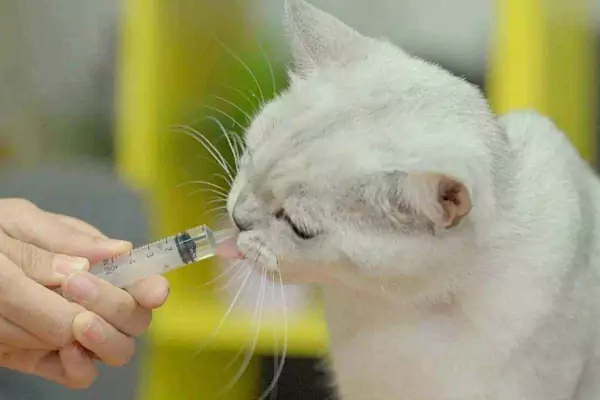
How do I get my cat to take medication?

How long can cats live? Symptoms of cats before they die
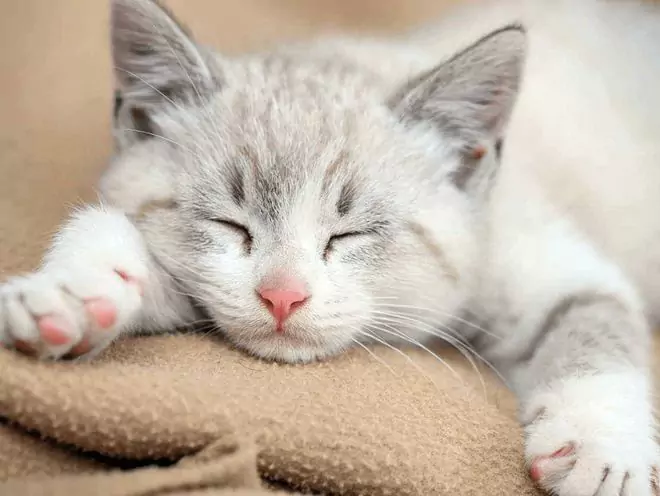
Do cats get colds? What is a cat's cold?
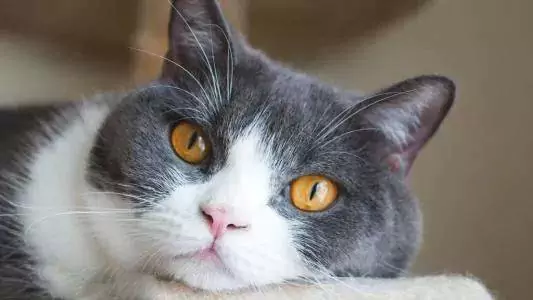
Why do cats sneeze? What are the reasons why cats sneeze?

How to get rid of fleas on cats naturally? Why do cats have fleas on their bodies?
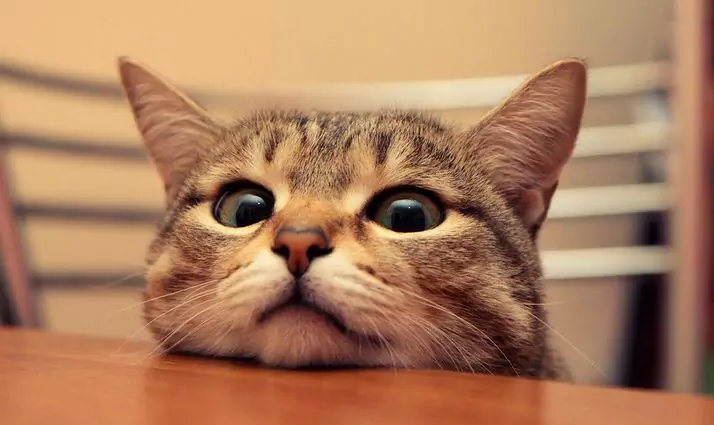
How to check for ear mites in cats
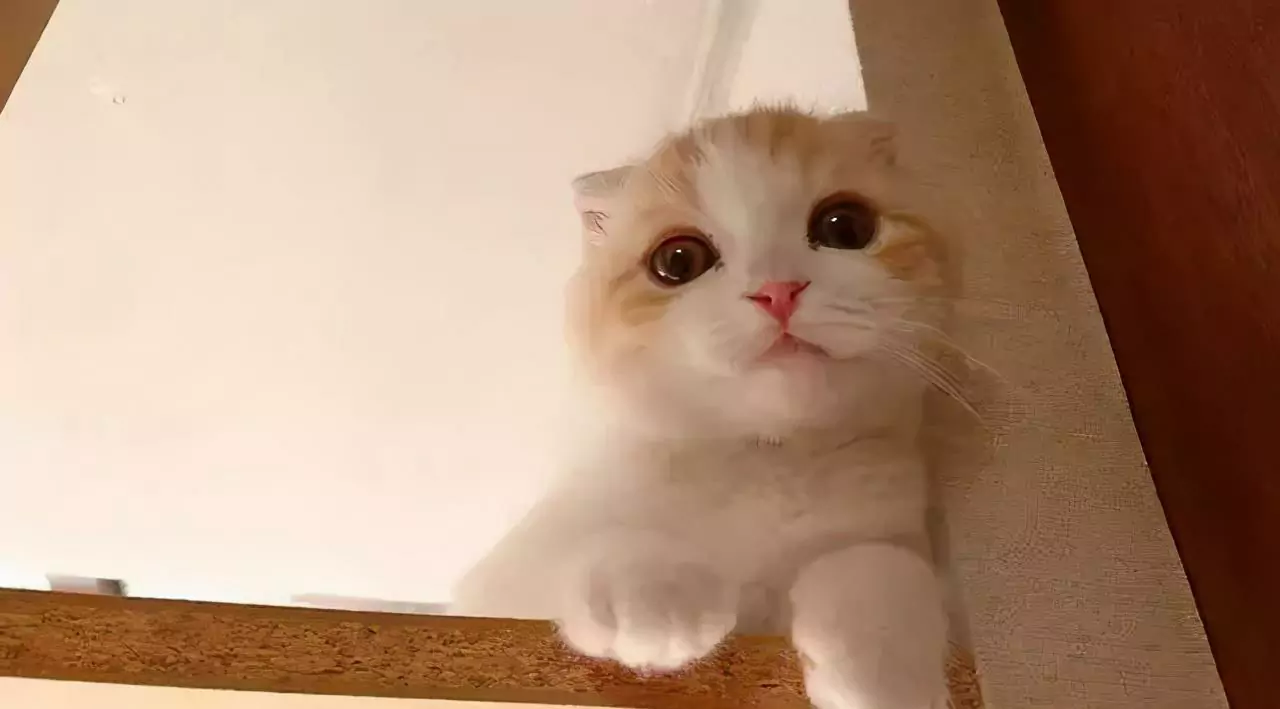
Why do cats vomit? Judging cats based on vomiting
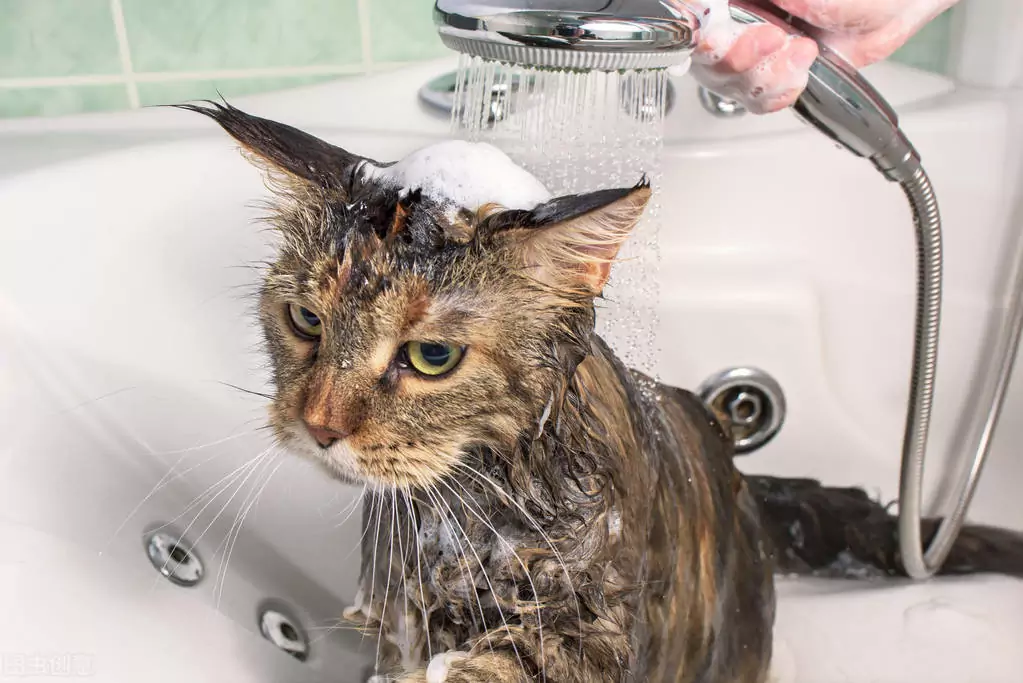
How do get rid of fleas on cats? How can I tell when I have fleas on my cat? How to prevent fleas?
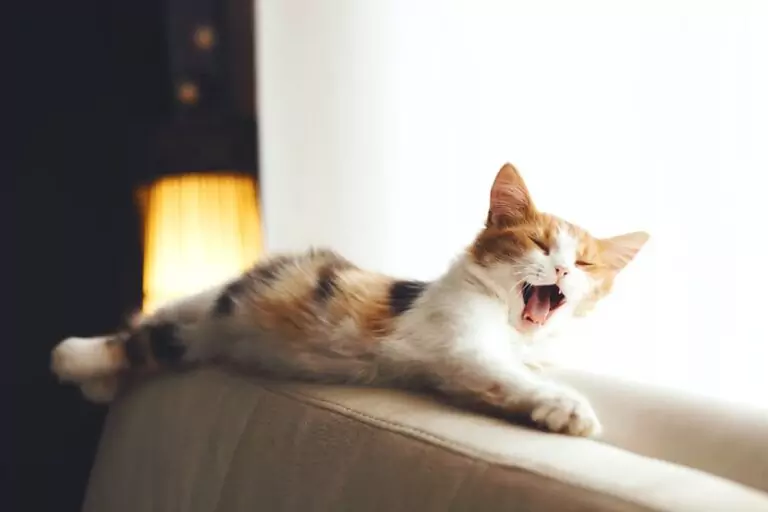
Why does my cat cough
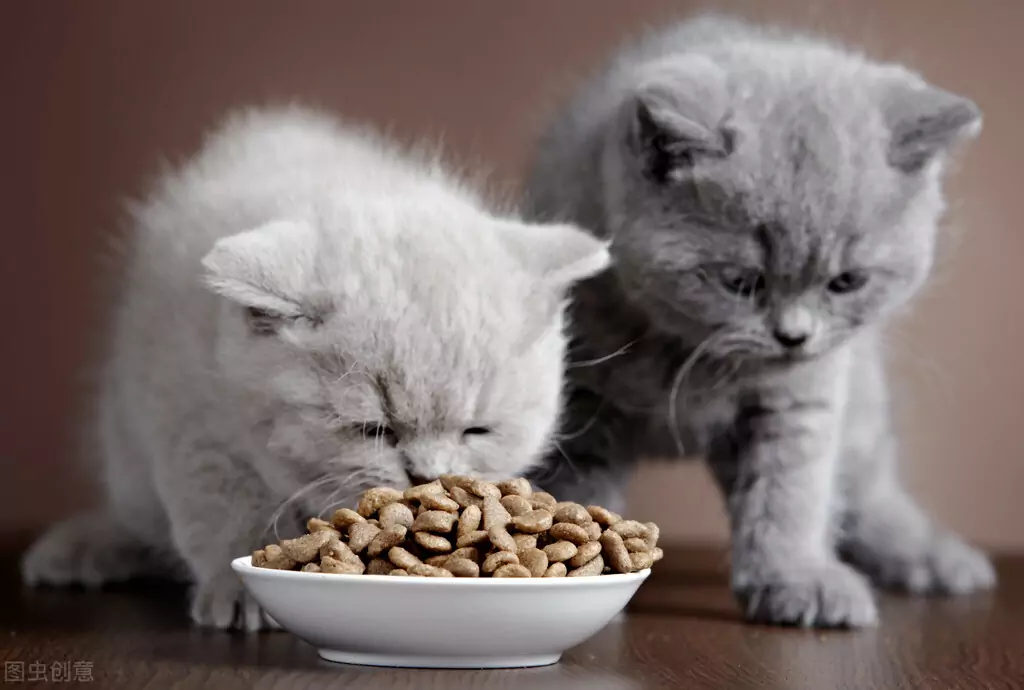
Why does my cat vomit undigested food? Causes of vomiting in cats







